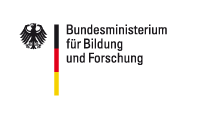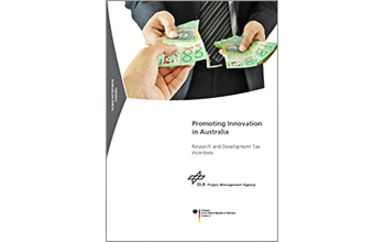Since 2011, the R&D Tax Incentive has been the Australian Government’s main programme for promoting innovation and creating incentives for research collaborations between industry and science. In the 2012/2013 fiscal year, AUD 2 billion (approx. EUR 1.7 billion) were dedicated to R&D tax rebates, almost a quarter of the entire public research funding.
The political objectives of the new R&D Tax Incentive are:
- Generous benefits and wider access to the funding, in particular for small and medium-
- sized enterprises (SMEs) and for international R&D
- Increased funding certainty
- Clear eligibility criteria and definitions
First assessments by the tax authorities suggest positive effects of the new scheme:
- More than twice as many SMEs are participating in the R&D Tax Incentive compared to the previous programme; meanwhile the number of applications made by larger companies has fallen
- The R&D expenditures for which a tax credit has been claimed have increased by approx. 15%, with SMEs holding a larger share
- International R&D activities have risen by a factor of 10
An industry survey carried out for this study among 10 companies in Australia finds approval of the R&D Tax Incentive. Start-up companies in particular value the R&D Tax Incentive as significant financial support for building up R&D activities but suggest also some improvements.
internationalen FuE-Aktivitäten ist, empfehlen aber auch weitere Verbesserungen.
Download publication „Promoting Innovation in Australia“ (PDF, 910 KB)










